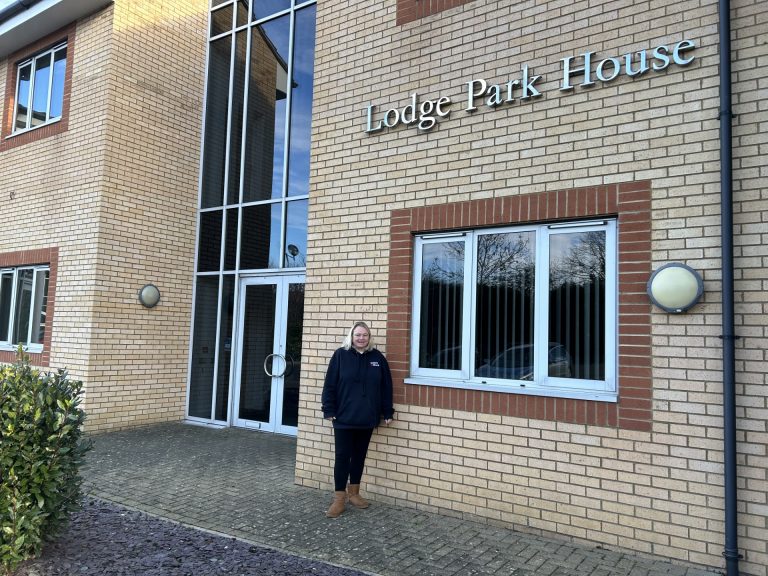In the dynamic business world, operational efficiency is the key to unlocking significant cost savings. However, the landscape is often cluttered with inefficiencies that impede progress and drain valuable resources.
This concise guide will explore the journey from identifying inefficiencies to implementing streamlined business processes that result in tangible cost savings.
Unravelling inefficiency
Think of your business as a well-oiled machine, with each department playing a critical role in its smooth functioning. Inefficiencies are like clogs in the gears, leading to wasted time, resources, and, ultimately, unnecessary expenses.
These inefficiencies can manifest in various forms, from redundant workflows to communication bottlenecks –
a widespread problem – and outdated technologies, disrupting the seamless operation of the business.
Identifying inefficiencies: a systematic approach
The first step in streamlining business processes is a meticulous audit of your workflows. Engage with your team to understand their challenges and identify obstacles in day-to-day operations. Pinpointing inefficiencies requires a critical examination of existing processes and a willingness to question established norms.
Communication challenges: addressing the issues
Communication breakdowns are a common source of inefficiency within organisations. Messages lost in translation, delayed responses, and misaligned objectives can lead to costly errors. Streamlining communication channels, fostering transparency, and leveraging collaboration tools can significantly improve the flow of information across the organisation.
Leveraging employee expertise: an internal source of efficiency
Within the intricate machinery of your business, your employees are the engineers and operators who understand the nuances of day-to-day operations.
Harnessing their expertise is a powerful tool in identifying and rectifying inefficiencies. Regular training programs, open communication channels, and a culture that values continuous improvement can unlock the potential within your workforce to contribute to streamlined processes.
Recognising and utilising internal knowledge fosters a sense of ownership and promotes a collective effort toward operational efficiency.
Outsourced financial teams: a strategic approach to efficiency
One of the most impactful ways to streamline financial processes is by leveraging the expertise of an outsourced financial team.
A partner like Price Bailey, with its specialised financial services, can bring a wealth of experience to the table. From managing complex financial tasks to ensuring regulatory compliance,
the benefits of an outsourced finance team are many and diverse.
Arguably the biggest advantage is the way they allow businesses to focus on their core competencies. This strategic approach improves efficiency in financial operations and contributes to significant cost savings by eliminating the need for an extensive in-house finance team.
Outsourced financial teams are equipped to handle tasks such as bookkeeping, tax compliance, and financial analysis with precision and efficiency. Their specialised knowledge ensures that financial processes are streamlined and optimised for maximum cost-effectiveness. By entrusting these critical functions to experts, businesses can navigate the intricate financial waters with confidence, knowing that their financial ship is in capable hands.
Continuous improvement: nurturing an adaptive culture
Streamlining business processes is not a one-time endeavour; it’s a continuous journey of improvement. Cultivate a workplace culture that embraces change and values ongoing refinement of processes.
Regularly review performance metrics, gather feedback from employees and customers, and stay abreast of industry trends. This proactive approach ensures that your business remains agile and responsive to evolving market dynamics.
By nurturing an adaptive culture, you empower your team to identify and address inefficiencies in real-time, creating a resilient and forward-thinking organisation.
Investing in technology for long-term efficiency gains
Technology serves as the backbone of modern business operations, and investing in the right tools can yield substantial efficiency gains. Whether it’s adopting advanced
project management software, customer relationship management systems, or automation tools, technology can streamline processes across various departments.
By reducing manual workload, minimising errors, and enhancing collaboration, these technological investments contribute to both short-term efficiency improvements and long-term cost savings. Regularly assess the technological landscape to stay abreast of innovations that can propel your business toward greater operational efficiency and financial success.
Data-driven decision making: precision in operations
In the realm of business, data serves as a critical navigator, offering insights into performance metrics, customer feedback, and market trends. Implementing data-driven decision-making processes ensures that every adjustment is purposeful and contributes to long-term cost savings.
Ripple effect: cost savings across operations
As you streamline business processes, a ripple effect occurs, influencing every aspect of your operation. Reduced lead times in production, faster response times in customer service, and a more agile approach to market changes all contribute to significant cost savings.
The efficiency gained in one area positively impacts the entire business, creating a holistic effect on the bottom line.
Final thoughts: toward sustainable success
In the expansive landscape of business, streamlining processes is not merely a way to operate efficiently; it is the core of sustainable success. By identifying and addressing inefficiencies, businesses can save costs and position themselves as agile contenders in the market.
As we move forward into an uncertain future, let streamlined processes guide your business to new horizons where efficiency and cost savings drive success.












